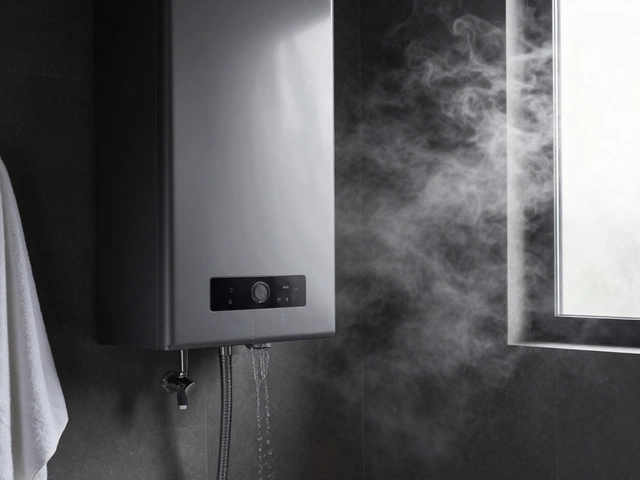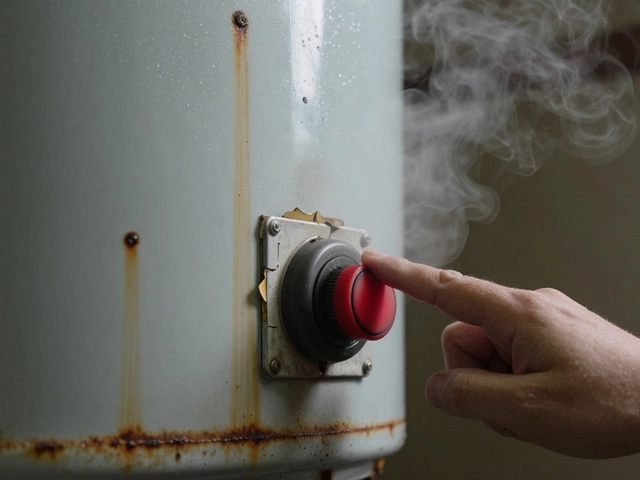Wear and Tear: What It Means for Your Appliances
Ever wonder why your fridge starts making weird noises or why the washing machine takes longer to spin? Most of the time it’s simple wear and tear – the gradual wear that happens every time you use a gadget. It’s not a sudden breakdown; it’s the tiny bits that add up over months and years.
Spotting the Early Signs
Catch problems before they cost a fortune. Look for these clues:
- Unusual noises – rattles, buzzing, or squeaks.
- Longer cycles – dishes staying soggy or laundry staying damp.
- Leaking water or strange smells.
- Controls that feel sluggish or unresponsive.
If you notice any of these, it’s time to give the appliance a once‑over. A quick clean or a check of the filters can often fix the issue.
Simple Ways to Slow Down Wear and Tear
Keeping appliances in good shape doesn’t require a degree in engineering. Try these easy habits:
- Clean filters regularly. A clogged filter makes the motor work harder, speeding up wear.
- Don’t overload. Stuffing a dryer or dishwasher to the brim forces parts to strain.
- Level everything. An uneven washing machine vibrates more, wearing out bearings faster.
- Use the right settings. A gentle cycle for delicate clothes reduces stress on the drum.
Even a few minutes of maintenance each month can add years to the life of a fridge, oven, or heater.
Another tip is to schedule a professional check‑up once a year. A technician can spot worn belts, faulty seals, or rust before they cause a major failure. It’s usually cheaper than an emergency repair.
When you buy a new appliance, pay attention to the warranty and the brand’s reputation for durability. Some models are built tougher and handle wear better. Reading a quick review can save you from a cheap unit that falls apart in two years.
Remember, not every problem is fixable. If an appliance needs a part that costs more than half its value, it might be smarter to replace it. That decision is part of managing wear and tear – knowing when to repair and when to move on.
In short, wear and tear is natural, but you control how fast it happens. Spot the signs early, clean and level your machines, don’t overload, and get a yearly professional look‑over. Follow these steps and you’ll keep the fridge humming, the dryer spinning, and the boiler heating without surprise breakdowns.
Do Extractor Fans Wear Out? Understanding Wear and Tear
- Alden Wilder
- Mar 19 2025
- 0 Comments
Extractor fans are vital for maintaining air quality in our homes, but like all appliances, they don’t last forever. Understanding what causes them to wear out and recognizing signs of deterioration can help you address problems before they escalate. With tips on maintenance and repair, you can extend the life of your fan and avoid costly replacements. Whether it's a strange noise or a decrease in airflow, identifying these issues early is key to keeping your home fresh and ventilated.
View More

